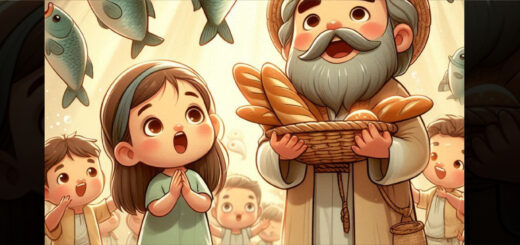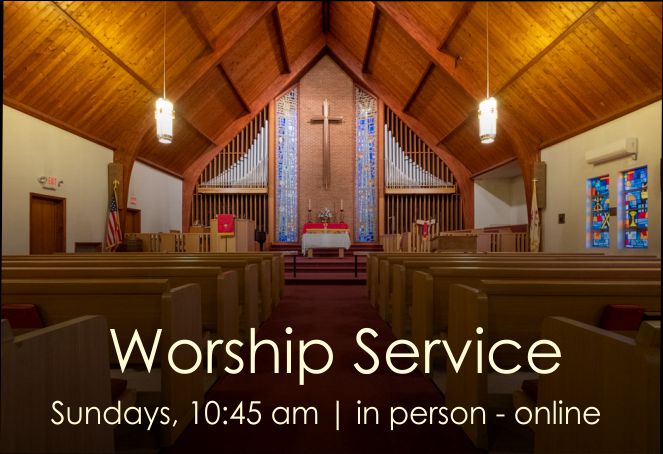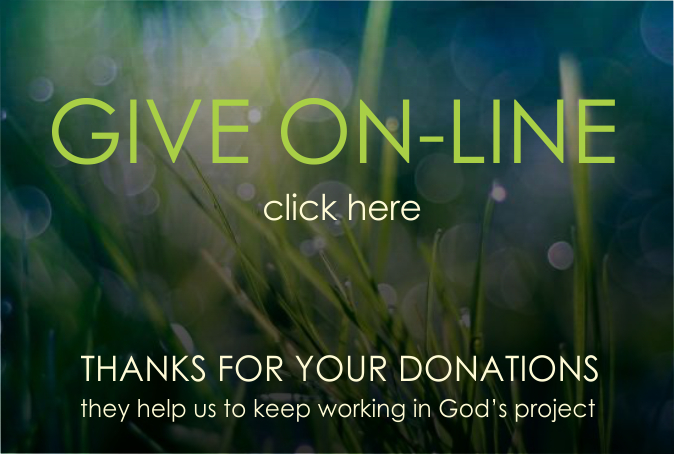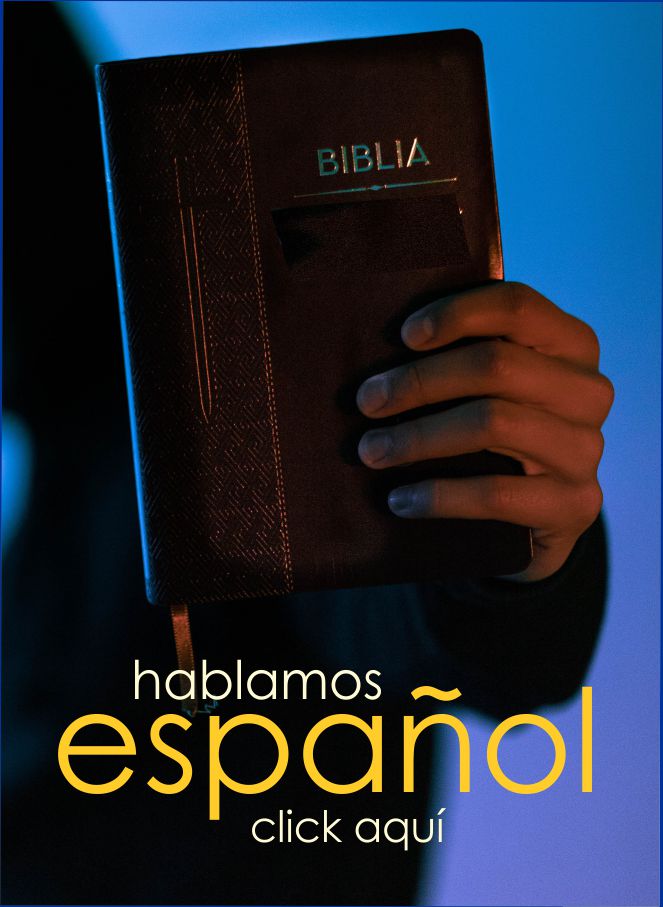Allow yourself to be human, even in sadness

For a few decades now, many believers have been taught that we should not experience sadness, anger, suffering, anguish, etc. Everything from the cliché, ‘you are a victorious child of God, therefore, you must not live in defeat’.
How much harm have they done us with these types of words! That perhaps, with a good intention, they seek for Christians to be happy forever, projecting a smile from ear to ear and showing that we have a ‘living God’; which solves our life’s problems as if we had won the lottery.
The experience of faith has been so super-spiritualized that the condition of being human has been taken away from us. Now it has turned out to be a sin to express sadness about having experienced a tragedy, or anguish about not having the necessary money to pay that debt that afflicts us, for example. We cannot cry because this would show that we are in defeat. You cannot ask for prayer for bodily pain that afflicts us because then we are confessing illness and that is repulsive in the midst of communities that want to be more spiritual than God himself. Nevertheless, Jesus wept.
One of the most moving episodes in the ministry of Jesus is found in the Gospel of John in chapter 11. There, he responded to the situation his friends were experiencing, and wept.
This is a passage that has been interpreted in many ways, but this is a story that reveals the nature of the God who became human, one who was moved to tears (verse 34). And yes, God cried. And yes, Jesus did it in the midst of the tears of his relatives.
Sometimes, we as a church have not learned how to cry with those who cry, to suffer with those who suffer and to laugh with those who are happy. Sadly, we have found the perfect excuse to martyr those who suffer from grief, illness, sadness, depression, or any condition that takes away their smile and joy.
It is that some dogmas and rules have wanted to take many things away from us. Starting with the freedom to recognize and honor the diversity of otherness, until, even our humanity. Could it be that we do not notice that throughout history we could not become gods? That is why our God became human. And as I mentioned a few lines back, the Divine cried.
In one of the saddest and darkest moments of my life, a great friend told me, “allow yourself to be human, even in sadness”. At that moment, those words set me free. I cried. Bitterly. It was, I think, the first time that I recognized myself as truly human. I allowed myself bitterness for a few days and even learned to live with it.
Enjoy my sadness? Well, yes. I had a few coffees with it. It visited me when I least expected it and refused to leave. What else could I do? It was a daring guest. Without warning, sadness came and settled into my life. I didn’t deserve it. I didn’t want it. But it had no plans to leave anytime soon.
So there was no choice but to ride back home with it on the subway and while walking on cold afternoons. Together, we listened to music and carried out the work at the company for which I was working. Now, it was the work of both of us. Sadness would not even let me go to the bathroom! It is a worse companion than loneliness, but there it was. Messy, fetid, undesirable, invasive, cursed; but mine, after all, mine.
Those episodes that spice up life will also pass. And it won’t be from one day to the next, but while they dissolve, you have to enjoy them. It is then that the apostle’s words make sense when he recommends us to rejoice in tribulations (James 1:2).
It is that even sadness must be enjoyed. Poetry is born from those moments without light. It is then that we learn to appreciate art, and enjoy the simplicity of life. Afterwards, usually, colors intensify, the light shines, the tones multiply, and in the midst of all that, God is always with us. It is not bad to live with the pain and overcome it. It is through these episodes of life that we learn to forgive, to love, to live.
One fine day, the renowned speaker Rob Bell said that the pains that come into our lives are accumulated in a backpack, which we carry on our backs. It seems like every minute that passes, the bag gets heavier. To the point of bothering us. However, when we walk with God, we find that the Divine does a beautiful miracle with this extra weight that life puts on us.
When we go down the road and meet someone else, we take off that bag and uncover it. Surprisingly, in doing so, we found bread and water. Now we have enough to feed and drink the hungry and thirsty on the road. Life can be cruel and difficult, but our good God makes every moment an opportunity to love us, so that we also take advantage of the opportunity to love.
Warmly,
Ps. David Gaitan









